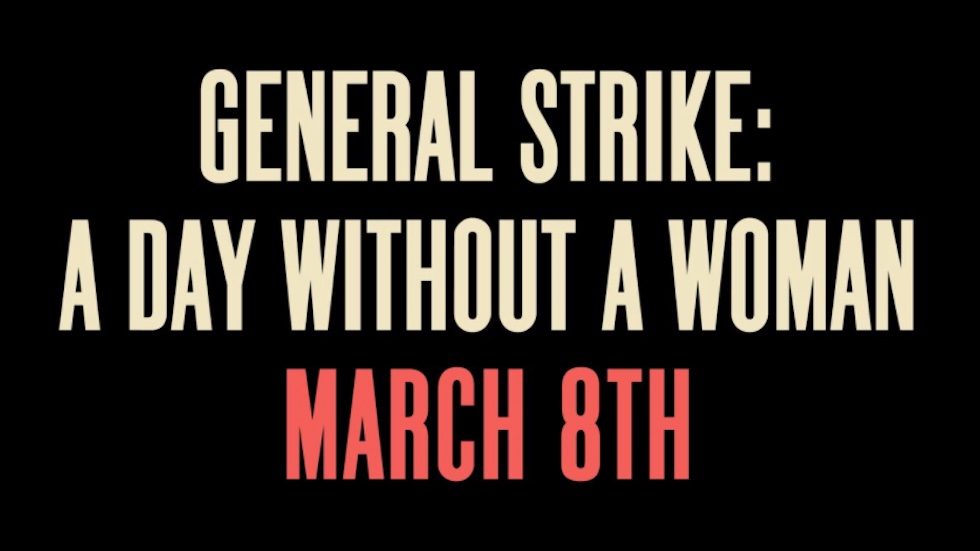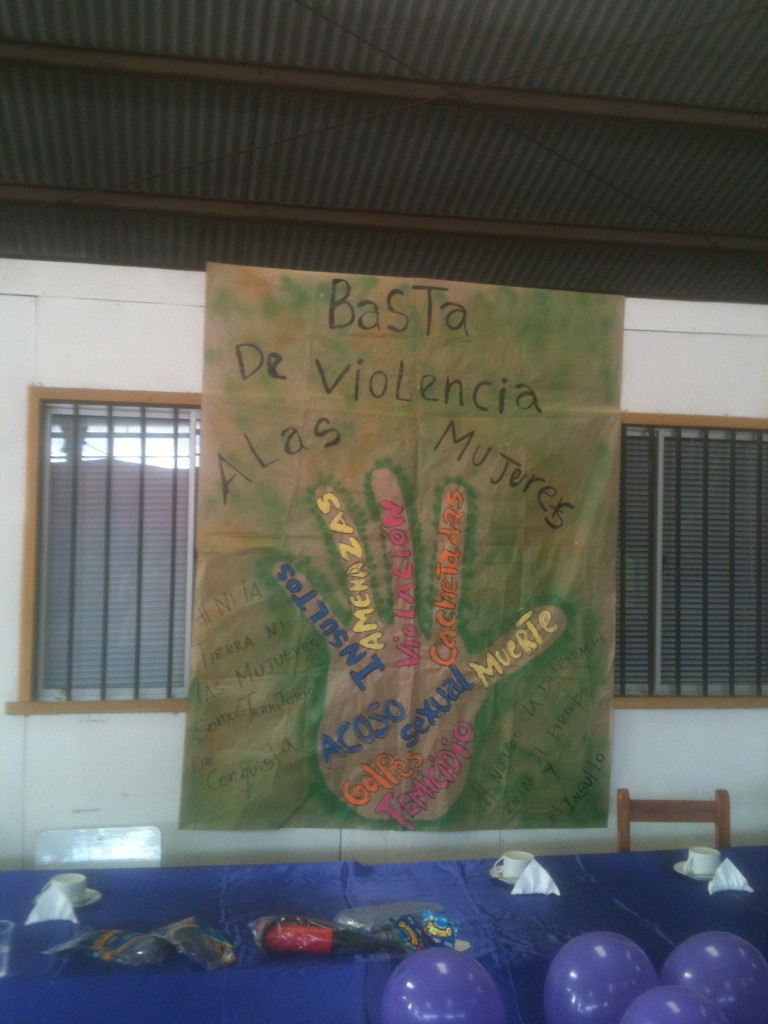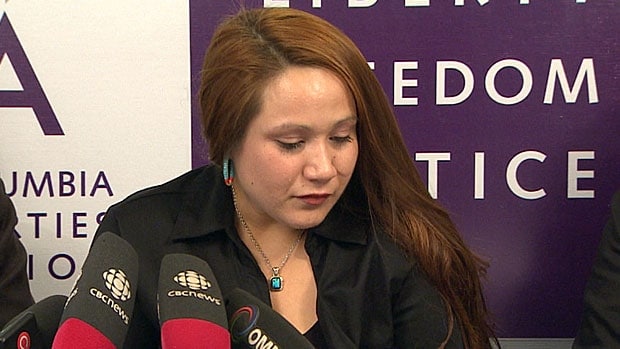Today marks another epoch in advancing and championing the cause of women’s rights, equality, safety and justice worldwide. This year’s theme, Rural and Urban Activists Transforming Women’s Lives, references past struggles, the progress that has been made, the tenacity of those who have made the achievements possible and the challenges of the future. Women have recorded giant strides and made great advancements in several spheres over the past decade, but significant gender inequality and widespread discrimination still persist in the world of work.
Employment is central to empowering and emancipating women. Qualitative jobs, positive work environments and good employment conditions are essential for women to self actualize, maximize potentials, enhance status and contribute to development at all levels. A clear evaluation of the dynamics of the average Nigerian work setting reveals that women workers still have a long way to go in terms of enjoying basic rights and dignity and participating fully as stakeholders. Working women in Nigeria disproportionately and frequently encounter stunted promotion progression, lopsided hiring practices overt discriminatory policies, sexual harassment/violence, working conditions disparities, limited training opportunities, poor employment security and are concentrated mostly in three D jobs. As a result, Nigeria is losing out on utilizing women’s skills, ideas and expertise.
Women workers face a war on their rights on all fronts. Nigerian Labour laws are outdated and do not contain enough provisions to protect women workers’ rights and address their issues. Weak remedies in these laws enable employers to impugn and assail women workers’ rights. Nigerian trade unions fail to protect women workers’ rights, advance women issues and promote qualitative participation in trade unionism. Nigerian women routinely cater for their children, sick family members, and elderly parents, a mass of unpaid work which they combine with paid work. Meanwhile, the employment policies of majorities of public and private sector establishments in Nigeria fail to take these into consideration.
Nigerian women workers have issues organizing and mobilizing themselves and using the power in their numerical strength to change their situation. They have failed to maintain a united front against their oppressors at work. For example, Nigerian women workers cannot even produce the national president of trade unions in sectors that they dominate, such as the Medical and Health Workers Union of Nigeria, National Association of Nigeria Nurses and Midwives, National Union of Food, Beverage and Tobacco Employees, National Union of Hotels and Personal Services Workers, National Union of Textiles Garment and Tailoring Workers and Nigeria Union of Teachers. The necessity for the mass spectrum of women workers in Nigeria to unite and lead the campaign to fight for their rights is long overdue.
In some Nigerian workplaces, pregnancy can translate to demotion, punitive transfers and even termination of employment. The Labour Act Cap 198 LFN 1990 54 (1) stipulates a maternity leave of 12 weeks, but many Nigerian enterprises deny women workers this basic right. In some cases, companies have served women termination letter four weeks after giving birth or during their confinement or after delivery. Others deny women of the benefit of enjoying both annual and maternity leave in the same year. In some cases, marriage, childbirth, weight gain and aging have also been sufficient grounds for overt discrimination and maltreatment.
Women workers habitually endure overt and covert sexual comments, innuendos, provocations and unwarranted sexual advances in Nigerian workplaces. Even married women are not left out, as the “sacred institution of marriage” is no longer a hindrance to sexual harassment. Women are viewed as part of the perks of the job for the pleasure of some ogas at the top. It is an open secret that several public institutions and private sector firms demand some form of gratification in kind from women workers to earn promotion, get favourable postings and obtain positive reviews.
The World Economic Forum’s Global Gender Gap Report 2017 affirmed that globally gender parity is shifting into reverse this year for the first time in a decade. Nigeria also witnessed increasing gaps in participation, remuneration and advancement between women and men in the Education participation and opportunity sub index with a decline from 118th position on the 2016 Index to 122nd position in 2017. The 2017 International Trade Union Confederation’s Workers Rights Index rated Nigeria among the world’s worst countries for workers. In the same perspective, Walkfree Foundation’s Global Slavery Index 2016 classified Nigeria among the ten countries with the largest estimated absolute numbers of people in modern slavery in the world. The linkage between the three reports and the situation of women at work in Nigeria and the fact that women bear the brunt of the results of the reports cannot be controverted.
The negative multiplier effects of the assault on the dignity, rights and person of women are evident in terms of heightened employee turnover, development of inferiority complex syndrome or depression, strong resentment and loss of self worth, creation of hostile work environment, non utilization of potentials due to by passing qualified women for promotion, positions, employment, general lethargy through loss of motivation and morale necessary to work. Denying women basic rights hurts their long-term earning capacity, on-the-job performance and professional integrity. As noted in the Global Gender Gap Report 2017, as the world moves from capitalism to an era of talentism, competitiveness on a national and organizational level will be decided more than ever before by the innovative capacity of a country or company. In this new context, the integration of women into the talent pool becomes a must. But when women are being oppressed and unfairly treated, how possible is it to maximize their limitless potentials and utilize their assets?
It is time to ramp up actions geared towards removing all systemic barriers to women’s employment status, ensuring that all women workers have a level playing field at work, curbing all forms of gender discrimination, putting an end to the systemic undervaluing of work traditionally performed by women, ending all forms of sex stereotypes, misconceptions and bias about women and their capabilities at work and discarding the notion that workplace policies are modeled on traditional male norms. It is time to stop the humiliation, assault and inhumane treatment women workers in Nigerian workplaces endure daily.
This can be done when all of us individually and collectively join forces as stakeholders to ensure that women workers are accorded their rights, treated with dignity, taken care of fairly and given unfettered access to employment opportunities. Male workers can take a pledge that we will not demote, discriminate against, take adverse actions at, intimidate, denigrate and sexually harass and then accord all respect and rights to women workers. Trade unions should do more to put an end to the abuse of women’s rights in Nigerian workplaces. NLC and TUCN as the central labour organization need to set their shoulders more firmly against the boulder of oppression that burdens women workers despite their immense contributions to national development.
Employers associations led by NECA have a big role to play by telling their members to curb unfair labour practices and workplace policies that obviate and abridge the rights of women workers. The Federal Government should double its efforts to safeguard the rights of women workers. They should partner with the National Assembly to enact effective labour laws that can protect the basic rights of women at work, take special cognizance of and offer special protection for pregnancy, motherhood, childbirth, care and related issues.
Ramping up the struggle for women workers rights entails initiating changes to how people, associations, and organizations and society interface with, perceive and regard women,. It encompasses amending and expunging obnoxious laws that encumber women workers’ rights and dignity and involves creating effective and durable women policies, programmes and institutions that can protect women’s rights. Ramping up the ante for women workers rights entails involving everybody to stand up for and speak against this situation. The Executive Director of UN Women noted that healthy societies have a wide mix of voices and influences that provide the checks and balances, the differing threads of experience and perspectives, and the debate that shapes good decision-making. The silence of these voices bodes ill for any society. The time is more than ripe for these voices in Nigeria to speak up and lead the struggle to end the retrogressive abuse of women workers’ rights and promote decent work, fair conditions of work and a level playing field for women in employment in Nigeria. The time is now.
.
(Image Credit: Pulse).
.



